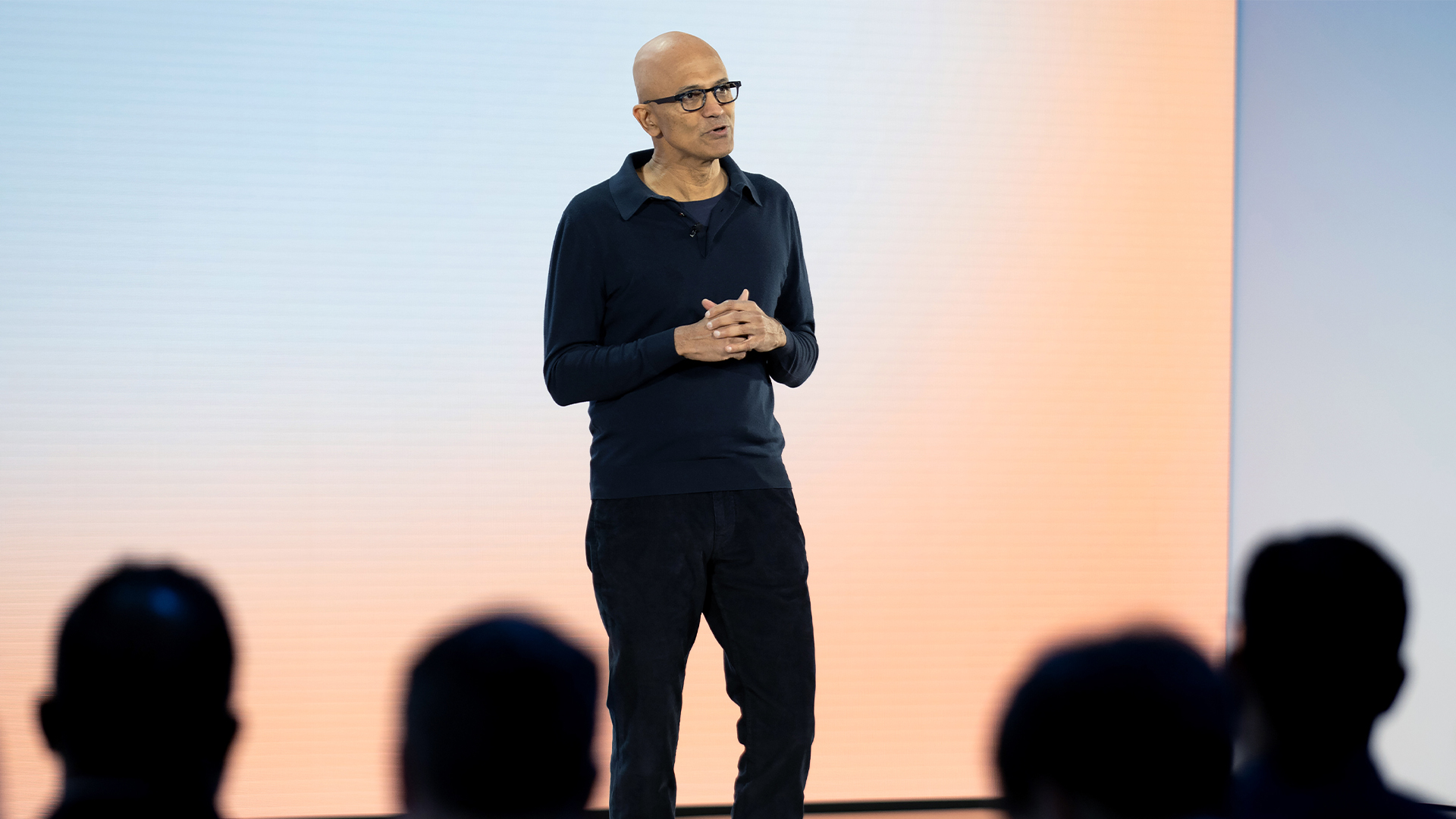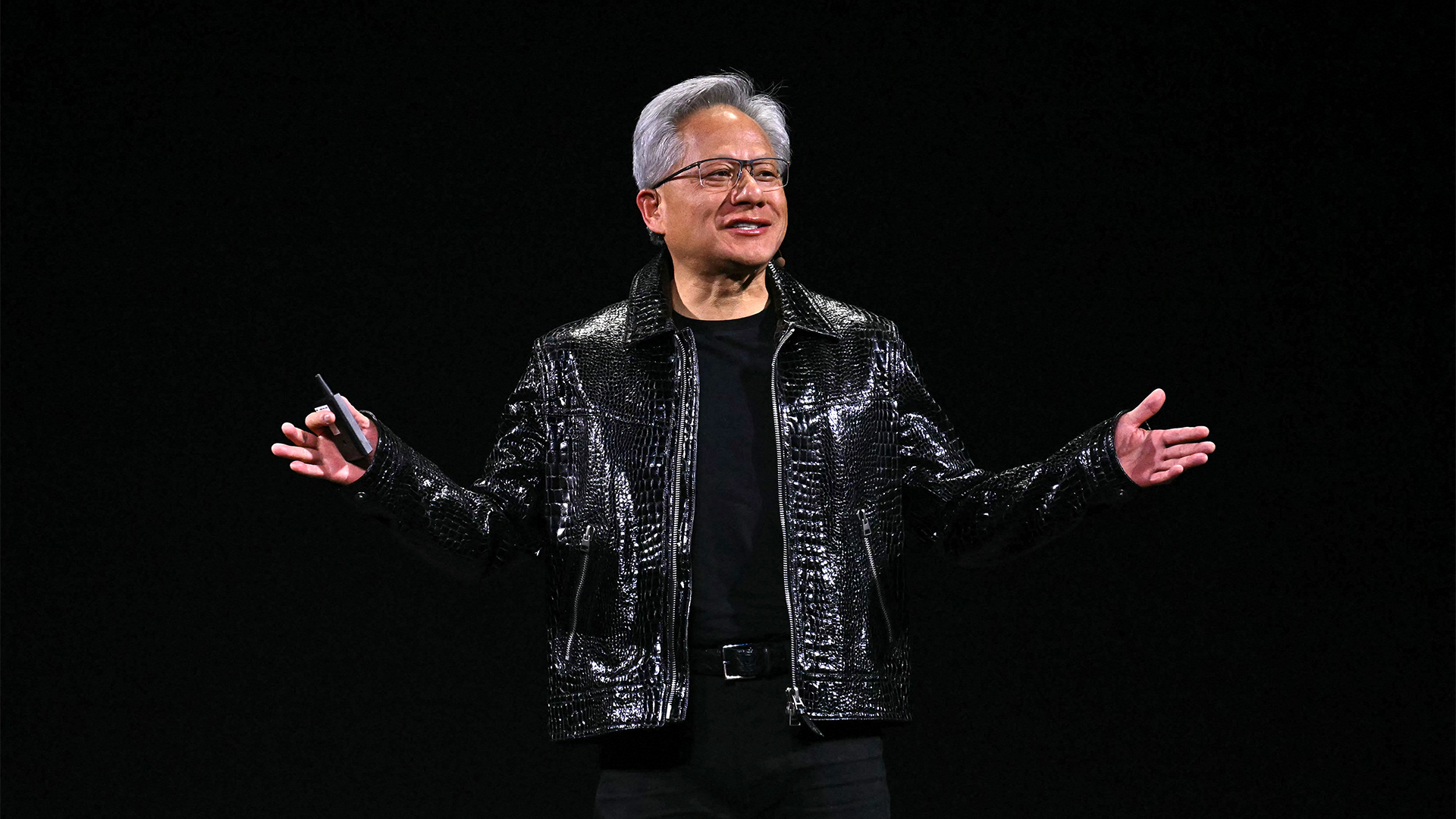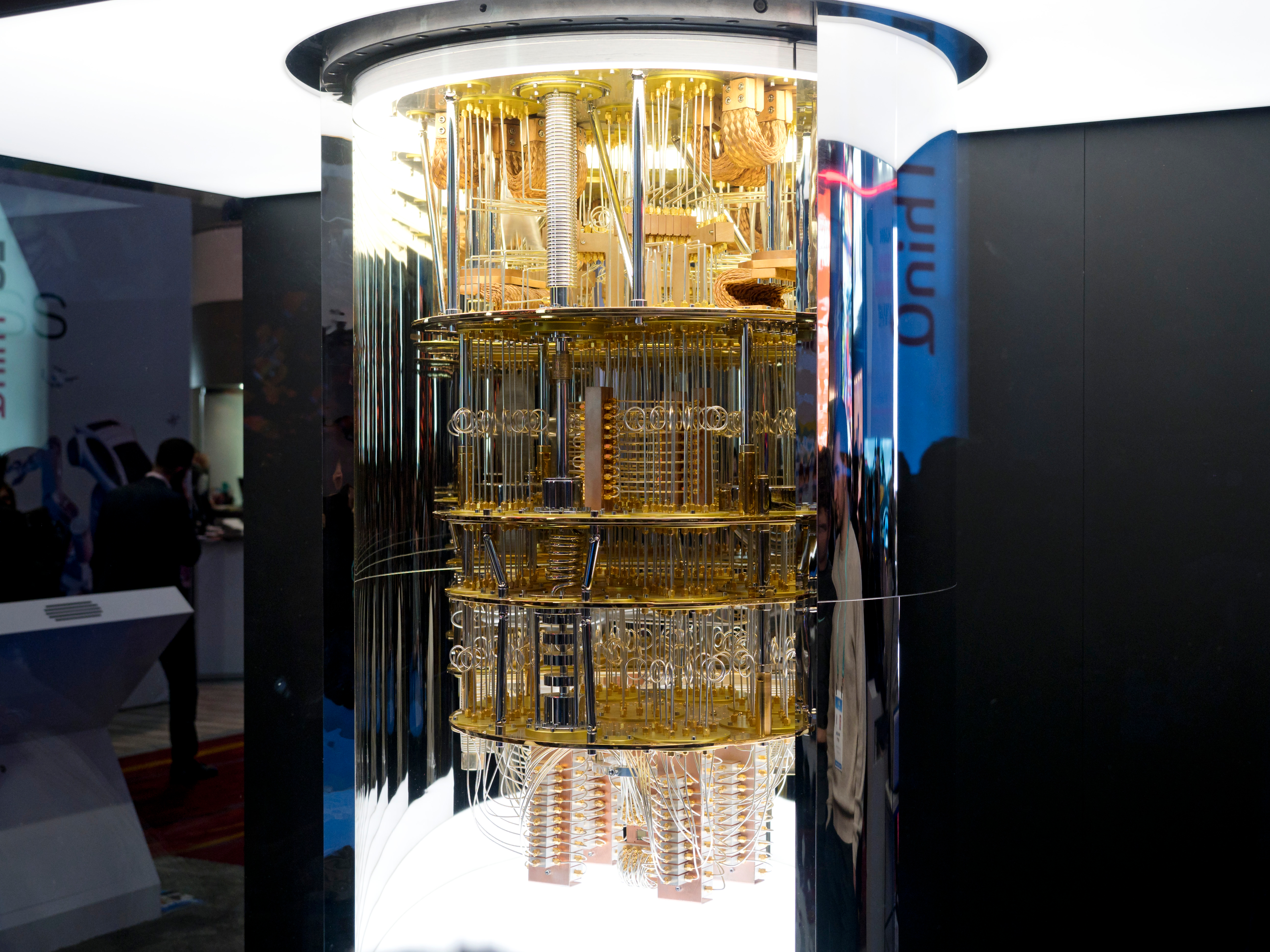QuEra Computing just raised $230 million to pioneer “fault-tolerant” quantum computing – and it even got Google’s seal of approval
The new funds will bolster QuEra Computing’s plans to expand headcount and accelerate development


Quantum startup QuEra Computing has raised $230 million in funding in one of the industry’s biggest investment rounds to date.
The funding round saw QuEra secure pledges from a host of major backers, including Google through its Google Quantum AI business unit, SoftBank Vision Fund 2, Valor Equity Partners, and more.
Based in Boston, Massachusetts, QuEra Computing specializes in the development and production of quantum computers using “neutral” atom-based qubits. Using lasers to “trap” individual atoms in place, the company claims it can improve efficiency and reduce errors, therefore streamlining the process.
“We use lasers, acting as optical tweezers, to trap individual atoms in place. The lasers suppress atomic movement, effectively cooling the atoms down to nearly absolute zero temperature,” according to QuEra promotional materials.
“At these temperatures, the individual discrete energy levels of the atoms can be resolved and manipulated, some of them leading to huge coherence times exceeding one second.”
QuEra has been operating since 2018, and the firm has worked closely with researchers at Harvard University and MIT to build and operate the world’s largest publicly accessible quantum computer, which is available for use via public cloud or in an on-prem capacity.
Following the investment, QuEra said it plans to accelerate the development of “fault-tolerant quantum computer technology”.
Get the ITPro daily newsletter
Sign up today and you will receive a free copy of our Future Focus 2025 report - the leading guidance on AI, cybersecurity and other IT challenges as per 700+ senior executives
Quantum computers are prone to generating faults within processing because qubits can be disrupted by minor environmental changes such as shifting temperatures or radio signals, creating challenges for users.
“Fault tolerance” refers to the ability for quantum systems to correct errors during processing where possible and to still operate correctly despite persistent errors.
QuEra intends to expand headcount in the wake of the funding round alongside expanding test capacity to scale up and meet demand for high-performance quantum computing - with a particular focus on meeting demand from global research organizations and Fortune 500 companies.
Andy Ory, interim chief executive at QuEra, said the funding represents a “significant milestone” for the company in its bid to provide scalable, accessible quantum computing capabilities.
“Since our last funding round in 2023, we have achieved impressive scientific, technical, and commercial milestones, which have dramatically increased the value of our business,” he said.
“This new investment will fuel our next phase of growth, enabling us to deliver large-scale quantum solutions that address critical business challenges for our customers.”
Quantum computing funding is growing
Big tech interest in quantum computing has been growing steadily in recent years, especially since the rise of generative AI.
Figures from Crunchbase released in November 2024 showed quantum startups had raised $1.5 billion in VC funding in the first three quarters of the year. This marked a significant increase on the $785 million raised in the year prior.
Among these was a $300 million fundraise for Colorado-based Quantinuum, as well as a $75 million Series C raise for British quantum firm Riverlane, which also specializes in quantum error correction.
RELATED WHITEPAPER

QuEra’s own research also points toward growing enterprise budgetary considerations in the quantum computing space. Analysis from the firm showed global budgets for quantum applications could rise by around 25% in 2025.
Google’s seal of approval for QuEra in this funding round is a major talking point given its own ambitions in the quantum computing space.
In December, Google revealed it had made a major breakthrough with its ‘Willow’ quantum chip. Using this chip, the tech giant said it had completed calculations that would take current supercomputers 10 septillion years.
At the time, Google said Willow would pave the way to a “useful, large-scale quantum computer”.
MORE FROM ITPRO
- INSERT CONTENT

Ross Kelly is ITPro's News & Analysis Editor, responsible for leading the brand's news output and in-depth reporting on the latest stories from across the business technology landscape. Ross was previously a Staff Writer, during which time he developed a keen interest in cyber security, business leadership, and emerging technologies.
He graduated from Edinburgh Napier University in 2016 with a BA (Hons) in Journalism, and joined ITPro in 2022 after four years working in technology conference research.
For news pitches, you can contact Ross at ross.kelly@futurenet.com, or on Twitter and LinkedIn.
-
 Bigger salaries, more burnout: Is the CISO role in crisis?
Bigger salaries, more burnout: Is the CISO role in crisis?In-depth CISOs are more stressed than ever before – but why is this and what can be done?
By Kate O'Flaherty Published
-
 Cheap cyber crime kits can be bought on the dark web for less than $25
Cheap cyber crime kits can be bought on the dark web for less than $25News Research from NordVPN shows phishing kits are now widely available on the dark web and via messaging apps like Telegram, and are often selling for less than $25.
By Emma Woollacott Published
-
 ‘This is the first event in history where a company CEO invites all of the guests to explain why he was wrong’: Jensen Huang changes his tune on quantum computing after January stock shock
‘This is the first event in history where a company CEO invites all of the guests to explain why he was wrong’: Jensen Huang changes his tune on quantum computing after January stock shockNews Nvidia CEO Jensen Huang has stepped back from his prediction that practical quantum computing applications are decades away following comments that sent stocks spiraling in January.
By Nicole Kobie Published
-
 ‘We’ve created an entirely new state of matter’: Satya Nadella hails Microsoft’s 'Majorana' quantum chip breakthrough
‘We’ve created an entirely new state of matter’: Satya Nadella hails Microsoft’s 'Majorana' quantum chip breakthroughNews Microsoft has unveiled a new chip it says could deliver quantum computers with real-world applications in ‘years, not decades'.
By Emma Woollacott Published
-
 We’re optimistic that within five years we’ll see real-world applications’: Google thinks it’s on the cusp of delivering on its quantum computing dream – even if Jensen Huang isn't so sure
We’re optimistic that within five years we’ll see real-world applications’: Google thinks it’s on the cusp of delivering on its quantum computing dream – even if Jensen Huang isn't so sureNews Nvidia CEO Jensen Huang sent shares in quantum computing firms tumbling last month after making comments on the near-term viability of the technology.
By Ross Kelly Last updated
-
 Why quantum computing might be much closer to becoming a reality than we think
Why quantum computing might be much closer to becoming a reality than we thinkIn-depth Quantum computing has always been ‘just a few years away’, but the industry’s latest developments show we could be within touching distance of a breakthrough
By Richard Speed Published
-
 Dell CTO: AI is nothing compared to the oncoming quantum storm
Dell CTO: AI is nothing compared to the oncoming quantum stormInterview Dell CTO John Roese says it's 'disturbing' how badly prepared businesses are to make the most of AI, with poorly curated data fueling current models
By Rory Bathgate Published
-
 What is exascale computing?
What is exascale computing?Explainer Exascale computing marks a step change in computing performance and could have benefits across a range of industries
By Ross Kelly Published
-
 Q-CTRL’s new AI toolset allows quantum computers to self-optimize
Q-CTRL’s new AI toolset allows quantum computers to self-optimizeNews The toolset runs on Q-CTRL’s flagship BOULDER OPAL software
By Praharsha Anand Published
-
 The IT Pro Podcast: The DARQ side of security
The IT Pro Podcast: The DARQ side of securityIT Pro Podcast We explore DARQ technologies, and their potential security implications
By IT Pro Published